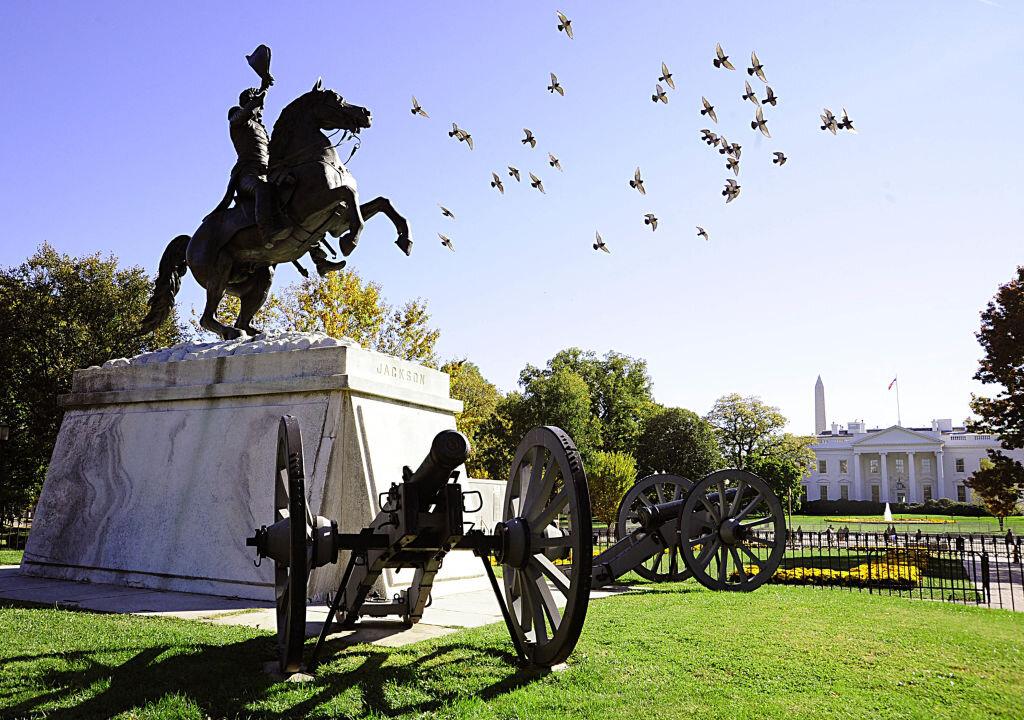Commentary
For those trying to gain a greater understanding of what is happening in the United States today, history provides some guidance.

For those trying to gain a greater understanding of what is happening in the United States today, history provides some guidance.